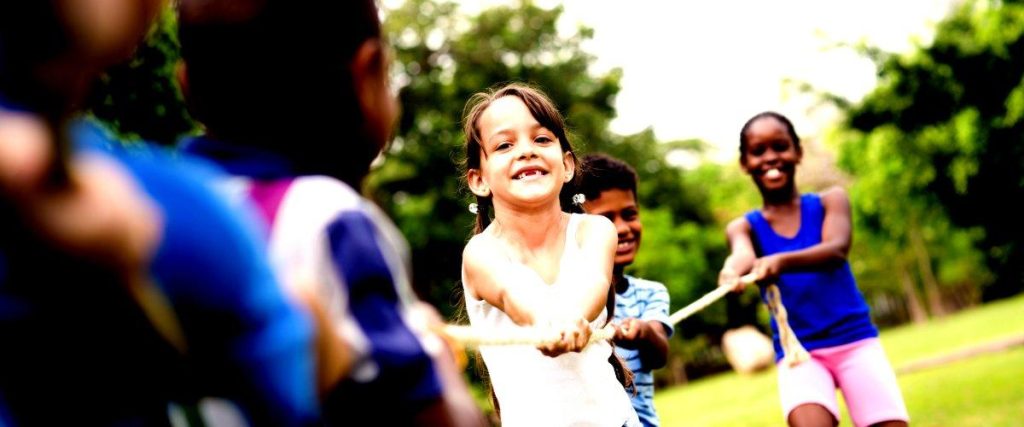How To Protect Your Child From Bullying
Many people believe that bullying is a rite of passage that everyone has to go through. Unfortunately, many do not realize that this sort of thinking might have implications that can scar your child for life.
Bullying is an aggressive behavior, whether physical or even physiological (mocking others, constantly berating others etc.) that people use to feel powerful. Because they feel powerless, having such kind of power makes them feel better for some time. Many bullies find it hard to resist this.
Protecting your child against bullying is something you cannot do. You can do your best, but your child will, someday, come across bullies that they’ll have to fend off. The good news is that you can help your child develop the skills to stand up to bullying behavior, and you can keep him from becoming a bully. Here are a few things you can teach your kids.
Teach your child about the importance of compassion and respect in a relationship.
Psychologists agree that the most effective way to keep children from being bullied, and from becoming bullies, is to make sure they grow up in loving relationships, rather than relationships that use power or force to control them. Children are very impressionable, if you spank, your child will learn that physical violence is the way to respond to interpersonal problems. When your discipline methods use power over your child, he/she will learn to use power over others, or to let others use power over him.


Stay close to your kids.
A survey revealed that lonely kids are more likely to be bullied. Always keep in mind that parenting is 90% having a close relationship with your child and only 10% guidance. You’ll not be able to guide unless you have the relationship to support it, and will just drive your child away. Keep those lines of communication open, no matter what.
Be a proper role model.
Just because you’re an adult doesn’t mean that you’ll not run into bullies. If you tend to back down easily so you don’t make a scene, but then later feel pushed-around, it’s time to change that. Your child is learning from watching you. Try and find the delicate balance of asserting your own needs or rights while maintaining respect for the other person. It’s also important not to put yourself or your child down, because you’re teaching her/him to follow in your footsteps.


Directly teach your child respectful self-assertion.
Kids need to know they can get their needs met while being respectful to other people. Teach them to communicate about what they want and feel comfortable about while respecting the wants and needs of other children.
Teach your child basic social skills.
Bullies usually prey on kids whom they perceive to be vulnerable. If you have a child who has social-skill challenges, make it a priority to support your child in all the other ways listed in this article, to make him less attractive to bullies.
Sometimes kids want peer acceptance so much that they continue to hang around a group of peers even when a few mistreat them. If you suspect your child might be vulnerable, listen to what he says about peer interactions to help him learn to check in with his own inner wisdom, and work to provide healthy relationship opportunities for him.


Teach kids to intervene to prevent bullying when they see it.
Experts agree that when bystanders intervene correctly, they can cut bullying more than half the time and within 10 seconds. For example, your child can partner with the victim and remove her/him from the danger. Turn the victim away from the bully and walk her/him off in the other direction towards adult help. They could say things like, “You look upset” or “I’ve been looking for you” or “The teacher sent me to find you.”
Your children should know it’s OK to walk away.
You should teach your child that there is no shame in being frightened by a bully, in walking away, or in telling an adult and asking for help. Bullying situations can escalate, and saving face is less important than something that can be really dangerous.
If you teach your child the values we’ve discussed in the article, there is a big possibility that your kids will be able to handle bullying. Because your job, as parents, is to protect your children it means that in addition to teaching them to stick up for themselves, there might be times when you need to call the teacher or principal.
Don’t assume that if there isn’t physical violence, he/she isn’t being wounded in a deep way. Despite what the old rhyme says about words not hurting, they can be terribly damaging to a child’s psyche, and cause lasting negative effects.







































Leave a comment